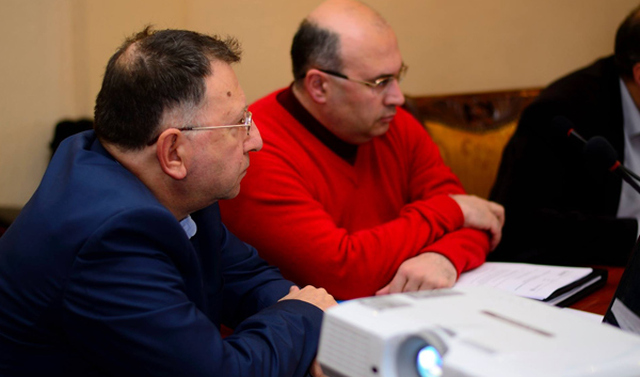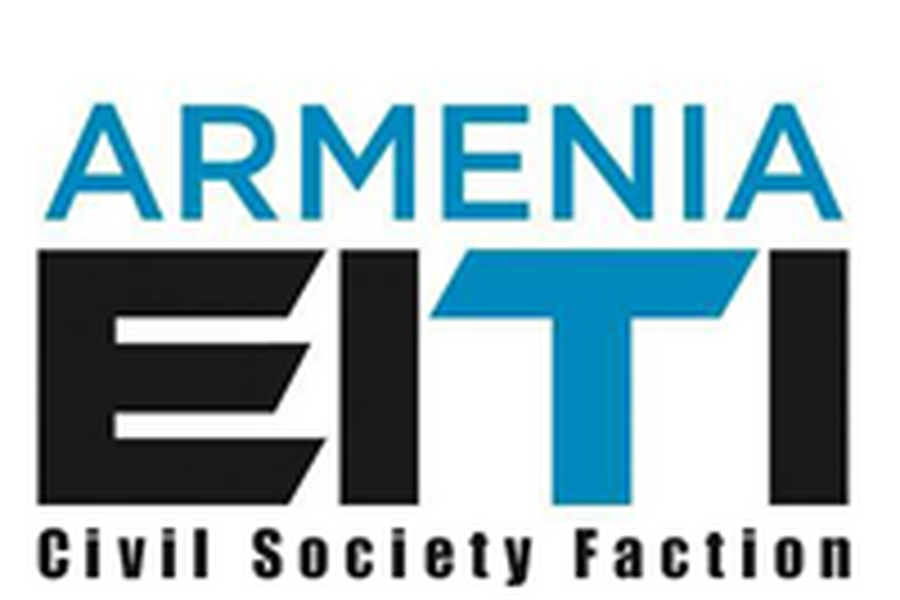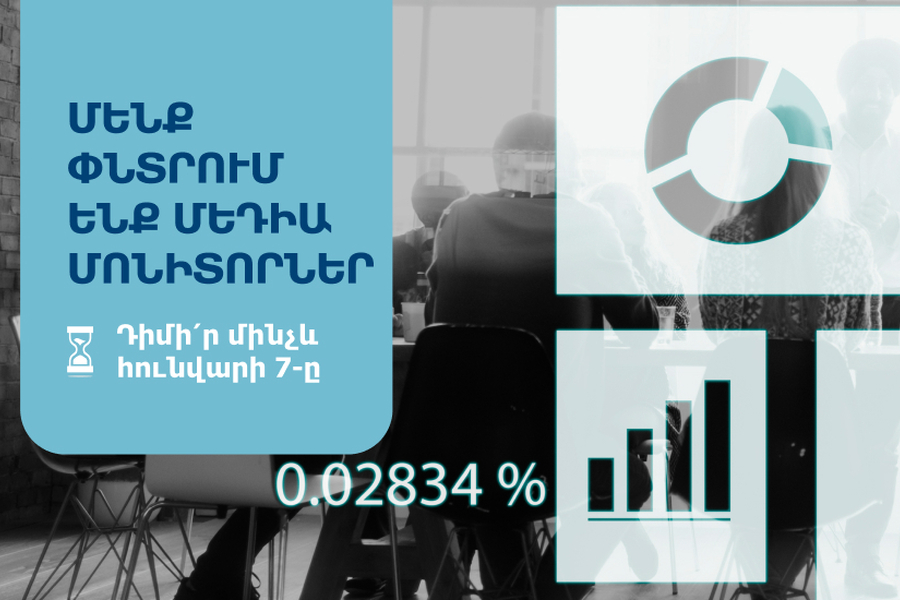Fighting against shadow economy with low consciousness on corruption
To Aravot.am’s question if it was appropriate to speak on reducing shadow economy in Armenia, a country where Corruption Perceptions Index (CPI) score was so low, Varuzhan Hoktanyan, Executive Director of Transparency International Anticorruption Center replied that the problem was in the governability and scales of corruption. And there were difficulties in assessing its scales. The analysis showed that compared to the previous year, Armenia’s CPI score was a little improved in 2013 by 2 points sharing 94-101 places in the ranking table (compared to 105-112 places of 2012). Armenia’s CPI score in 2013 was 36, compared to the previous year’s score of 34 but it was far behind from Georgia, whose 2013 CPI score was 49 (52 – CPI 2012) and it shared 55-56 places in the ranking table.
On the other hand, Prime Minister Hovik Abrahamyan continually speaks on the necessity of fighting shadow economy and recently asked for additional time to achieve that goal. Aravot.am asked Varuzhan Hoktanyan if it was ridiculous to fight against shadow economy in a country where there was such low level consciousness on corruption. Hoktanyan answered, “The problem is not in its being ridiculous or not but in the ineffectiveness of the taken measures. They are interrelated: if there is political will, it is possible to reduce “the shadow,” corruption may also be reduced and vice versa. However I am not optimistic about that issue.”
To the question if the incumbent government has that will, Varuzhan Hoktanyan responded, “Political will implies not only statements but concrete actions. To constitute that the shadow was reduced because of more tax payment would be only one direction. It was demonopolization of the economy, the judiciary’s becoming more independent, elimination of political and economic elite’s convergence that matters, etc.”






